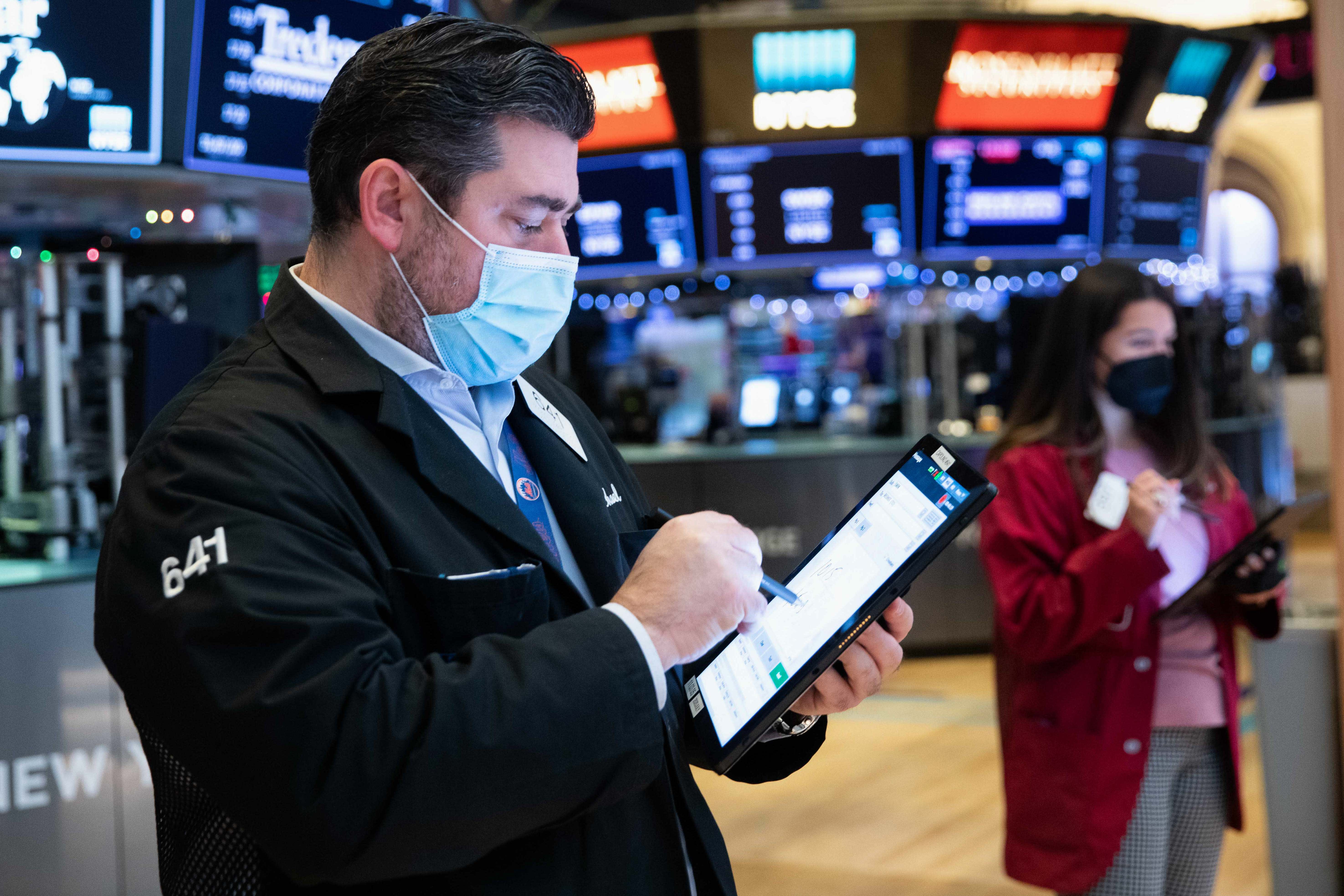
Stocks traded along the flatline on Tuesday as traders continue to weigh the market’s elevated valuations as well as rising U.S. Treasury yields.
The Dow Jones Industrial Average dipped 30 points, or 0.1%. The S&P 500 advanced less than 0.1%, and the Nasdaq Composite climbed 0.4%.
Visa and Honeywell each feel more than 1% to lead the Dow lower. Energy was the best-performing sector in the S&P 500, rising 1.5%.
The S&P 500’s forward price-to-earnings ratio was at 22.7, near its highest level since 2000. The boarder-market index’s high valuation comes as investors continue to pile into stocks despite a backdrop of rising Covid-19 infections and political turmoil.
“We’ve been concerned that stretched valuation multiples could get more stretched, setting the stage for a meltdown,” wrote Ed Yardeni, CIO of Yardeni Research. “On the other hand, we are relieved to see corporate earnings continue to recover along with the US economy from the unprecedented two-month lockdown recession during March and April of last year.”
DoubleLine Capital CEO Jeffrey Gundlach pointed out on Monday that stock valuations are high relative to historical standards, and are being underpinned solely by stimulus measures from the Federal Reserve.
At the same time, Treasury yields continue to rise, raising concern about the potential for higher inflation.
The benchmark 10-year note yield rose to 1.165%, hitting its highest level since March. The 30-year bond rate climbed 1.89%.
“There has been a short-term tone shift in the market,” wrote Gregory Faranello, head of U.S. rates at AmeriVet Securities. “Markets have shifted in mindset as the Democratic ripple is digested short-term. The focus now turning to growth and inflation and perhaps a combination of both.”
Stocks are coming off a strong week of gains that brought all three major averages to record highs. The major averages shrugged off riots at the U.S. Capitol that led to the House Democrats introducing an article of impeachment on Monday against President Donald Trump for inciting the attack. The lower chamber plans to vote on the article sometime this week.
“Historically, when momentum and sentiment indicators are this stretched, the market is due for a period of consolidation,” said Nationwide’s Chief of Investment Research, Mark Hackett.
On Monday, the major averages fell. Outperformers on Monday were those most sensitive to economic growth, like banks, retailers and certain small-caps. Last week, President-elect Joe Biden promised an economic stimulus rollout, which he said will be “in the trillions of dollars.”
The small-cap benchmark Russell 2000 was flat on Monday as big caps fell.
Subscribe to CNBC PRO for exclusive insights and analysis, and live business day programming from around the world.




